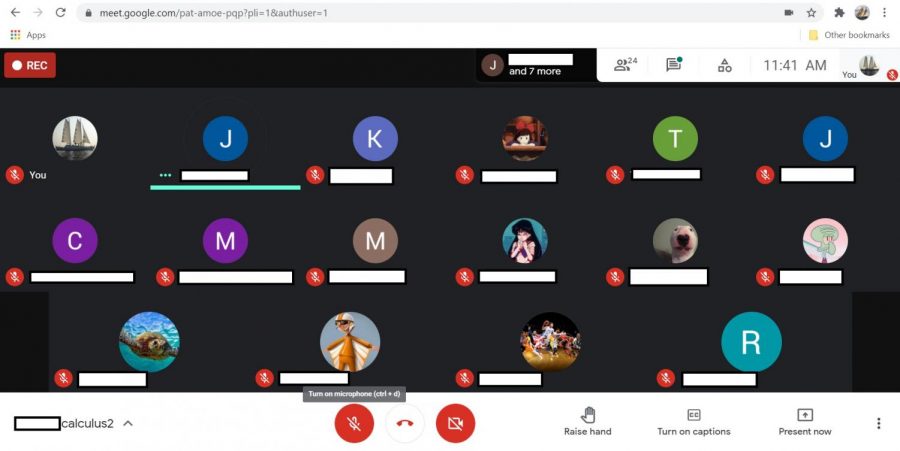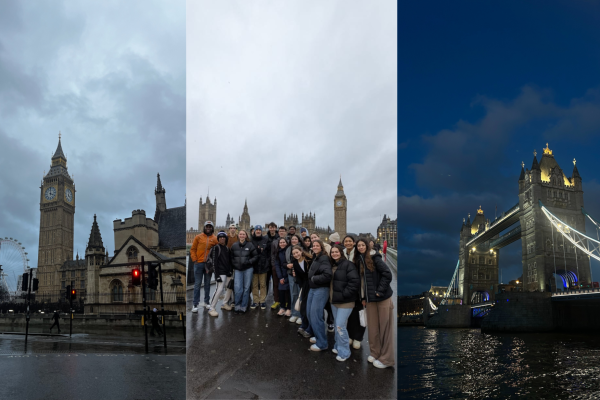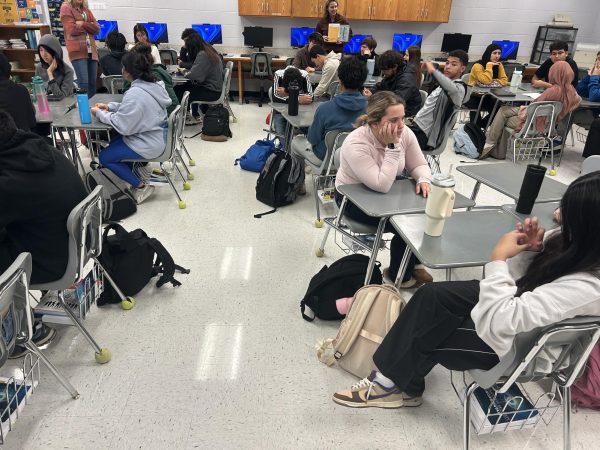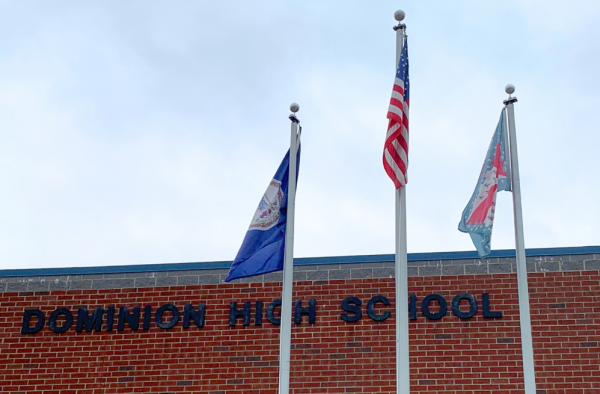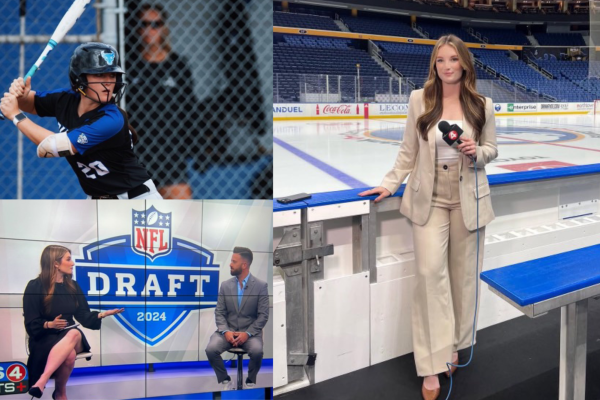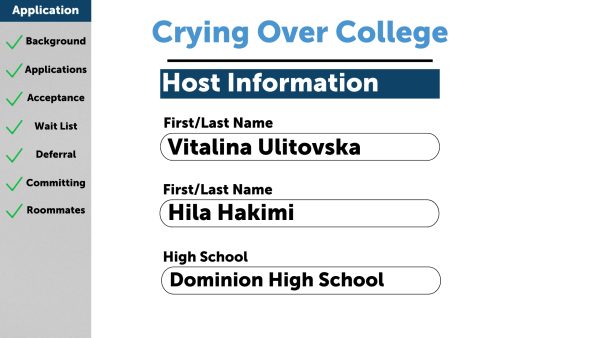The School Board Proposal to Force Cameras On is a Big Fail
Without student input and without enforcing teacher’s cameras, the school board needs to vote no on tonight’s proposal to force student cameras to be on during class.
A calculus google meet where even the teacher does not have her camera on.
Tonight, the School Board will be voting on a measure which would require students to have their cameras on during Google Meets. Certainly, it is challenging for teachers to educate a virtual classroom of silent circular icons, but it is frankly ridiculous to enact a measure that affects students so directly with no input from the students themselves or without considering that some teachers do not have their cameras on during class.
Being on camera and recorded for seven hours each day is exhausting; even in the physical classroom, you are allowed to stand up, go to the bathroom, or go to the water fountain, and are not expected to sit still in your desk for an entire class period. Most teachers have portions of the class dedicated to working independently or in small groups when we are in-person, and do not lecture for the entire block. Why do we expect more focus, attention, and sitting still for longer periods of time in a situation where many students are surrounded by distractions and complications such as noisy siblings, spotty Wi-Fi, and declining mental health due to months of isolation from friends?
Meanwhile, even some teachers refuse to turn on their cameras. I do not even know what my calculus teacher looks like, as she has not once shown her face in class so far this year. With expectations being raised for student participation by requiring cameras on, why is there no equivalent raise in expectations for teacher’s engagement and behavior? Where is the uproar from the Board on this matter?
Of course, students need to be present in their classes. More students do need to participate, and probably should even have their cameras on most of the time. However, no student input was sought before proposing this camera-on measure, and the decision is being made by people who have never had to struggle through online high school during a pandemic.
Especially now with renewed restrictions on social gatherings, a spike in coronavirus infections and fatalities, and a pause on hybrid learning implementation for already stressed groups such as English learners and special needs students, quarantine burnout and social anxiety for many is stronger than ever, being in front of a camera all day only worsens these effects.
The challenges faced by students, teachers, and administrators this school year are unprecedented, but the perspectives of students especially need to be taken into account before making decisions, such as a camera on requirement, which so greatly affect their learning experience.



